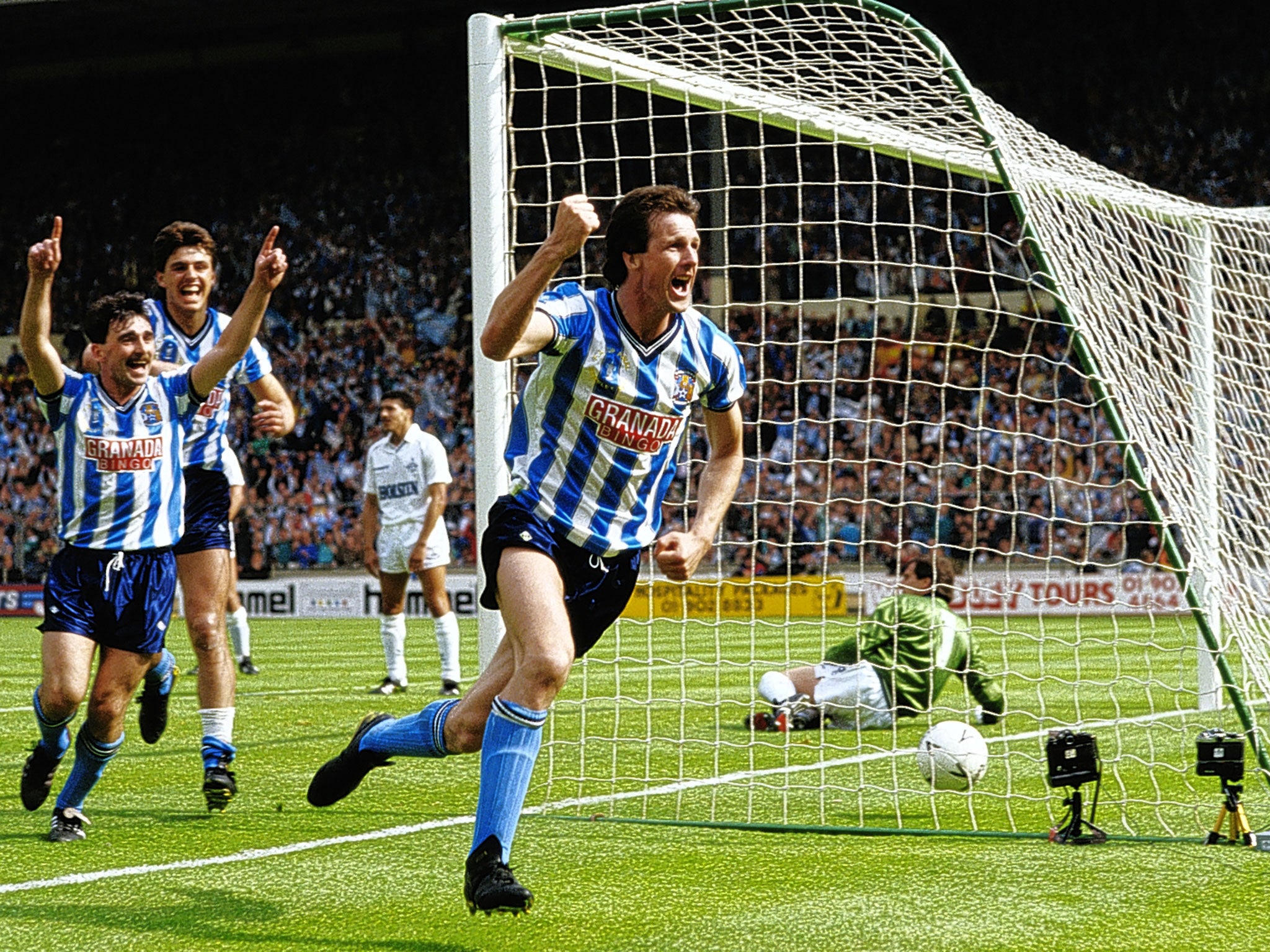Glenn Moore: Like its motor industry, the once mighty Midlands has fallen from glory
THE WEEKEND DOSSIER

Your support helps us to tell the story
From reproductive rights to climate change to Big Tech, The Independent is on the ground when the story is developing. Whether it's investigating the financials of Elon Musk's pro-Trump PAC or producing our latest documentary, 'The A Word', which shines a light on the American women fighting for reproductive rights, we know how important it is to parse out the facts from the messaging.
At such a critical moment in US history, we need reporters on the ground. Your donation allows us to keep sending journalists to speak to both sides of the story.
The Independent is trusted by Americans across the entire political spectrum. And unlike many other quality news outlets, we choose not to lock Americans out of our reporting and analysis with paywalls. We believe quality journalism should be available to everyone, paid for by those who can afford it.
Your support makes all the difference.Lloyd McGrath crossed, the ball struck the knee of Gary Mabbutt, looped over Ray Clemence and into the corner of the Wembley net. Fifteen minutes later Neil Midgley blew for the end of extra time and Coventry City had won the FA Cup for the first and, to date, last time.
That was in 1987, 28 years ago. It is not only Coventry City who have failed to win the FA Cup since: not a single club from the Midlands has. That could change this year. There are five among the 16 clubs left in the competition, with one guaranteed quarter-finalist, since Aston Villa play Leicester City. As West Bromwich Albion and Derby County have home ties, and Stoke City travel to Championship opposition, there could be several Midlands quarter-finalists.
None, however, is expected to win. At 14-1 Stoke are the shortest-priced, but Arsenal, Manchester United, Liverpool and West Ham are all more fancied.
History suggest the bookies are right. If the League Cup, never a priority for clubs, is disregarded, the Sky Blues’ success is the last big trophy won by a club from a region that remains Britain’s manufacturing heart and numbers around 10 million people. Even that three-handled pot, once regularly lifted by Midlands clubs, has been won only once by one of them since 2000 – and Birmingham City’s 2011 success was marred by a relegation they are still to recover from.
It was not always thus. The Midlands provided six of the dozen original Football League clubs and picked up regular trophies for decades. In the 1950s Wolverhampton Wanderers were the best in the land, winning a trio of titles. In the 1970s Brian Clough inspired Derby and Nottingham Forest to the League championship, and the latter to a European double triumph that seems barely believable now.
Aston Villa also followed up a domestic title with Continental supremacy. There was silverware for West Bromwich Albion and, in the League Cup, most of the above plus Leicester and Stoke. As recently as 1983-84 nine of the top-flight clubs were from the Midlands.
However, the region’s clubs made up the bottom six places that season and their fortunes have gone downhill ever since. Midlands football now seems in the same terminal decline as a native car industry that was once the region’s economic engine.
Three of the four clubs still in the top flight are fighting relegation, with Aston Villa and Leicester in the drop zone and Albion just four points clear.

Derby are prospering in the Championship, and Wolves continue to recover from their descent into League One, but Nottingham Forest have spent much of the winter in turmoil while Coventry are on the brink of dropping into the fourth division for the first time since the 1950s.
Aside from Stoke and Derby, the only cheer is provided by Walsall’s forthcoming Wembley date in the Johnstone’s Paint Trophy, and the League Two promotion challenges of Burton Albion and Shrewsbury Town.
At the top end of the game, however, the Midlands has become an irrelevance. Not since 1994-95, when Stan Collymore’s goal took Frank Clark’s Nottingham Forest to third place, has a club from the area even finished in the top three.
The new television deal may change matters. The millions on offer make English clubs even more attractive to overseas investors, some of whom may decide to may a pitch for glory as well as earnings.
Only West Bromwich, Wolves and Stoke, of the region’s big clubs, are still in British control. Villa, Derby and Coventry are owned by Americans, the latter via a hedge fund, Forest by Kuwaitis, Leicester by Thais. Birmingham’s Hong Kong Chinese owner is in jail.
In this respect it is the same as the car industry: all those great British marques are now in overseas hands. Mini and Rolls Royce are part of Germany’s BMW group, Jaguar Land Rover is a sub-section of Tata, the Indian conglomerate, Lotus is Malaysian, Aston Martin Kuwaiti, Bentley part of Volkswagen and MG run by China.
Maybe the HS2 rail project will help revive the Midlands, maybe not. Maybe, had the national stadium been built there instead of Wembley it would have raised the region’s football profile – not that putting St George’s Park in Derbyshire has.
Maybe there is no solution. London has glamour, Manchester United and Liverpool a fabled history, Manchester City limitless wealth and a growing cachet. The Midlands has a lot of clubs whose best days appear to be behind them. Unless one of them can turn the tide of history, and storm to Wembley success in May.
Join our commenting forum
Join thought-provoking conversations, follow other Independent readers and see their replies
Comments